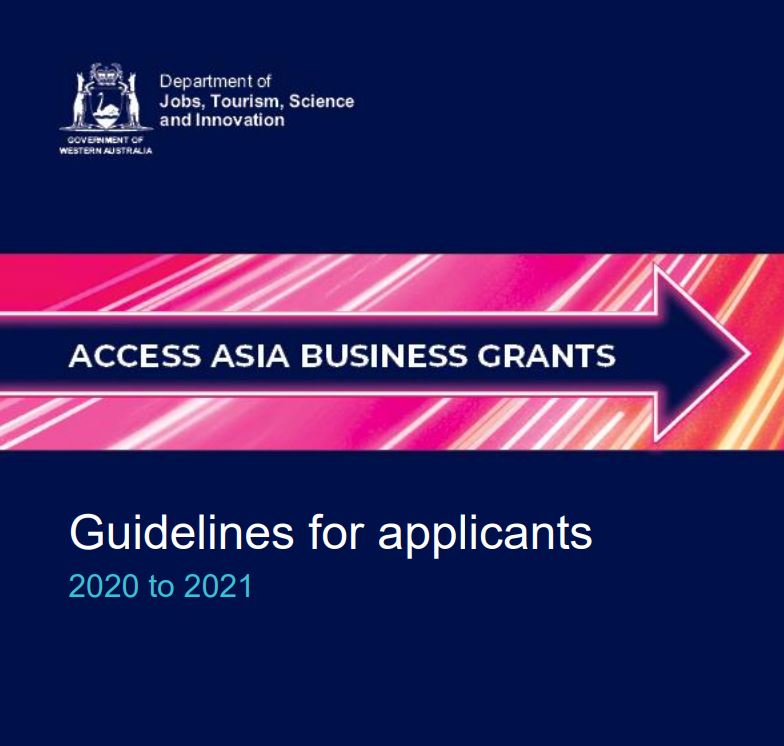Getting the Export Documentation Right - Online Live Workshops Now Available
The preparation of export documentation can be confusing, time consuming, costly, and prone to human error, but correct export documentation is vital for any exporter to transact business in an efficient and cost effective way. The Export Council of Australia (ECA) has developed a series of workshops for companies wanting to understand export documentation requirements and/or gain assistance in training their team in processing documentation correctly and efficiently.
Please note there are three workshops available covering different topics – you can attend one or all three!
Click here to register for all three workshops to save $150!
Or click on individual course below:
International Contracts of Sale & Incoterms 2020
Topics covered:
- International Contracts of Sale
- Incoterms 2020
- Revision
- Guest speaker: Learn trade insights from an experienced trade lawyer
About this workshop:
Want more?
COST: $275 (incl GST)
Date: Monday 16 November 2020
Time: 9am – 11.30am (2.5 hours)
Export Documentation & Procedures Plus Costing for Export
Topics covered:
- Export Documentation and Procedures
- Costing for Export
- Revision
- Guest speaker: Hear from an established exporter about how they manage the document process
About this workshop:
- Documents required by Australian Authorities
- Transport Documents
- Specialist Documents
- Commercial Documents
- Documents required by Importing Countries
Time: 9am – 11.30am (2.5 hours)
International Payment Documentation & Risk Management
Topics covered:
- International payment documentation (includes lesson on letters of credit)
- Risk Management
- Revision
- Guest speaker: Learn top tips from a banking specialist
About this workshop:
- Prepayment
- Open Account
- Documentary Collection (sight or term)
- Documentary Letter of Credit (DC)
Time: 9am – 11.30am (2.5 hours)
Workshop presenter: About Nick Alford
Who should attend:
Workshop materials:
- Complete workshop booklet, including examples of documentation (soft copy)
- Certificate of completion










